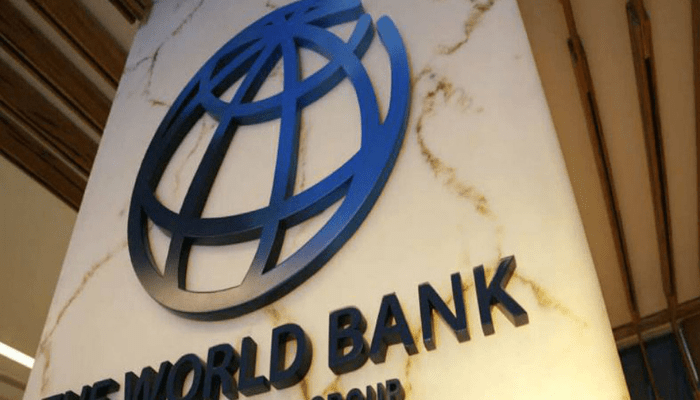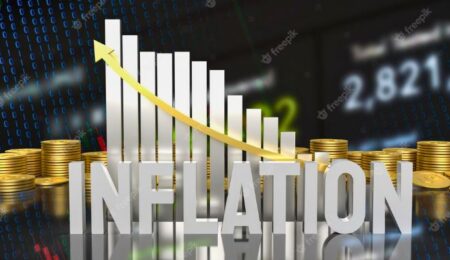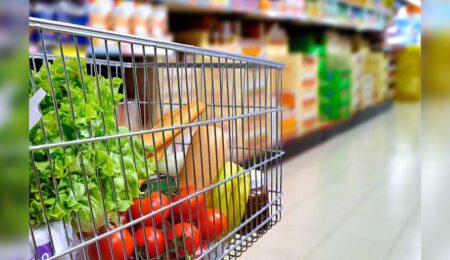The World Bank has projected that Nigeria will save N3.9 trillion in 2023 following subsidy removal and FX unification move, saying it will also stop the country from falling off a fiscal cliff.
This was made known by Alex Sienaert, chief economist at World Bank at the launch of the Nigeria Development Update for June 2023 themed seizing the opportunity.
He noted that although the reforms set the stage for a new and upward trajectory in terms of Nigeria’s development path, there are some immediate short-term consequences such as inflation spike, and additional debts, among other issues.
“The recently undertaken PMS subsidy & FX reforms are historic, N3.9 trillion in savings in 2023 alone, stops Nigeria from going over a fiscal cliff and sets the stage for a new, upward investment, growth, and development trajectory,” he said.
“While inflation will be higher in 2023, it will be lower in 2024-2025 If the right policy mix is sustained,” he said.
Speaking about GDP performance in the first quarter of 2023, he said that the Naira redesign caused a cash crunch, exacerbating the drag caused by external conditions and other domestic policies.
Read also: Nigeria yet to begin container haulage via $1.5bn Lagos-Ibadan Rail 2yrs after
He said the subsidy removal is preventing further deterioration, adding that Savings from the subsidy can also be used for other pro-poor service delivery such as health, education, infrastructure, among others; “The current coverage of Social protection programs (SPPs) is low at 19 percent of the population; Nigeria will continue to spend less than $20 per person monthly,” he said.
Siernat also said that Nigeria’s debt to GDP ratio will increase to 46 percent, as he noted that the FG will be paying off subsidy arrears to NNPCL will reduce the fiscal savings for 2023, in addition to other debts that must be serviced.
He added that if the savings from subsidy removal are not well utilized, over 7 million Nigerians will be further thrown into the poverty net.
In his remarks, Seyi Makinde, governor, Oyo state said the reforms are a step in the right direction however there is need to ensure that social safety nets are put in place because other than the local disruptions, there are also global headwinds which affect Nigeria as well.
“Social protection programs must be taken with a systemic approach towards long term objectives,” he said.
Wale Edun, Special Adviser to president Bola Tinubu on Monetary Policies said that
He said other than the 800 million loan from the World Bank, there may need for additional loans to ensure sustainability of the bold reforms by president Bola Tinubu.
“We have identified some sources of funding but we are going after many more,” he said.







